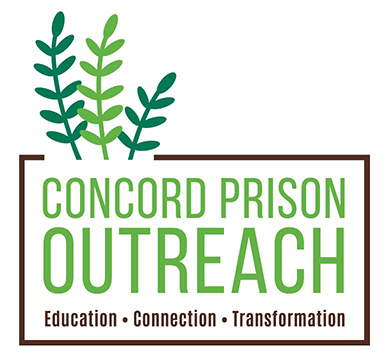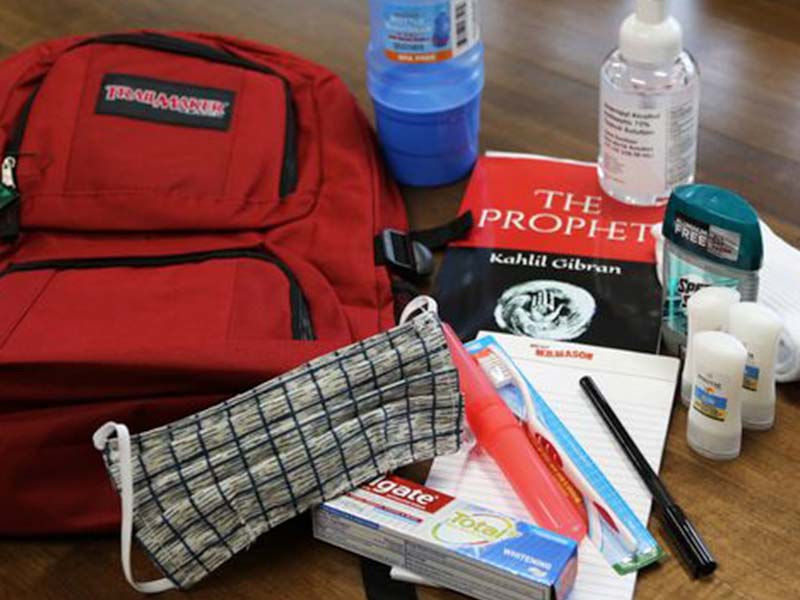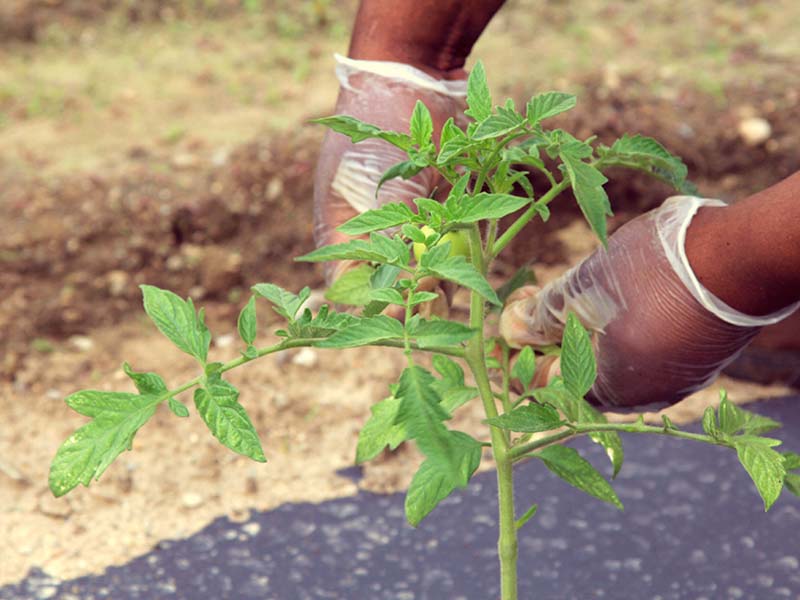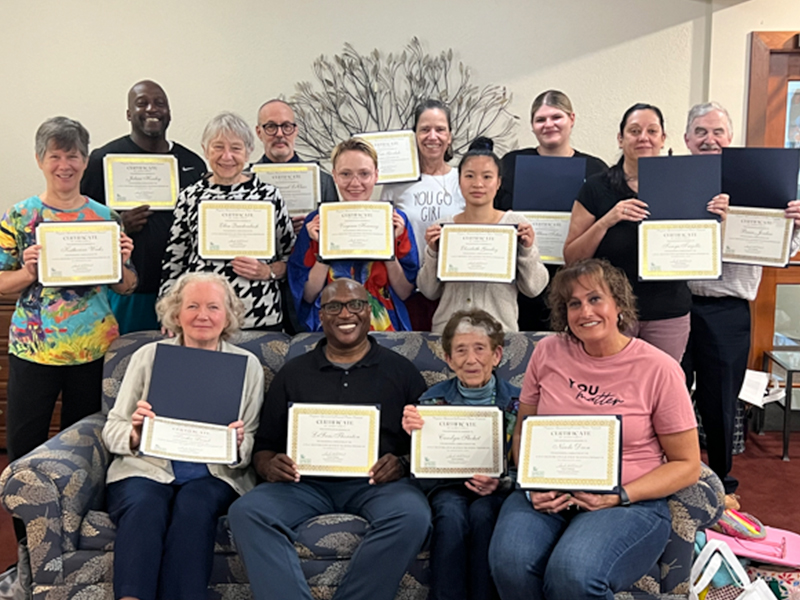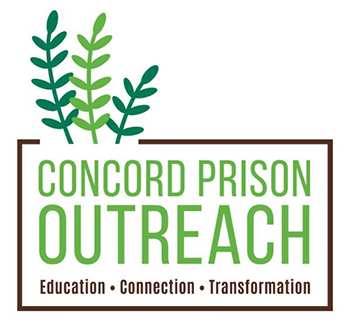Socio-Emotional
Emotional growth is an essential pillar of CPO’s mission of Education, Connection, and Transformation. It is essential to the life trajectories of the people in prison, and to society as a whole, to develop strategies for managing emotions and behavior, and to break patterns that have roots in the past, and that may lead to re-offending. New volunteers in socio-emotional programs may start as observers, providing leaders with general and practical support, and have roles that grow over time. CPO is committed to providing socio-emotional programming that is grounded in research, and that has roots in spirituality, but with a nondenominational and respectful approach.
“I learned … that it’s okay to look and talk about our scars, holding them in our hearts as trophies, not a weight to hold us down. A scar can serve as a reminder and also a receipt that you have paid that price but you still are here and can make a difference. “
— Mindfulness Student
Restorative Justice
Our Restorative Justice Program is designed for incarcerated people interested in taking responsibility for the harm they committed, making amends to their families, victims, and communities, and finding the path to their own inner healing. The length of the course is a reflection of the deep group work required on the journey from self-exploration to empathy for others. Participants begin with identifying the trauma in their own lives that may have led to unhealthy decisions and then move toward taking responsibility for the harm they have committed. Although making amends to victims is rarely possible in a prison context, participants are encouraged to “bring victims forward” by making something of their own lives and repairing harm in their own families and communities.
CPO partnered with a ninth-grade class from the Fenn School on their capstone project focused on restorative justice. Students explored the principles and real-world applications of RJ, both in communities and within prison settings, and created educational materials to help inform volunteers and the broader public.
Meditation/Healthy Living
Meditation is a practice in which an individual uses a technique, such as breathing, concentration, or focusing the mind on a particular object, thought, or activity – to train attention and awareness and achieve a mentally clear, emotionally calm, and stable state. Meditation is one deliberate means of changing the course of one’s thought process, and in turn, altering how one perceives and responds to the environments around them. Meditation can increase self-awareness, improve emotional well-being, stress management, immunity, foster greater empathy for others, lower blood pressure, reduce anxiety, reduce sleep disorders, high blood pressure, decrease pain, ease symptoms of depression, and improve sleep patterns. Gentle and regular practice eventually becomes sustaining, supportive, and enjoyable.

Mindfulness & Yoga
This class incorporates yoga postures, gentle movement sequences, breath work, supported silent meditation, and guided relaxation to support increased awareness and mindfulness of the breath and body, and quieting of the nervous system. Yoga means uniting the body and the mind. Mindful yoga is a practice of acquiring relaxation at the same time achieving healing from many physical complications. Physical yoga practices are initially developed to help people prepare for meditation, and if practiced with complete awareness, it is then a form of meditation. Incorporating mindfulness practice into daily activities can contribute to rejuvenating the brain and thus improving the quality of life.
Cognitive Skills
The cognitive skills program fosters the development of skills to help students think, learn, and make decisions more effectively. The course explores strategies in the following cognitive domains: active listening, problem-solving, setting goals, asking for help, assertive communication, negotiating, and using self-control.
Path of Freedom is a Mindfulness-Based Emotional Intelligence (MBEI) course written by Fleet Maul and Kate Crisp. This course touches on mindfulness meditation, emotional awareness, communication, conflict resolution, and various resourcing and resiliency-building skills. The program intends to help participants develop greater self-awareness, improved impulse-control, and greater social awareness to offer a new positive vision for their lives.
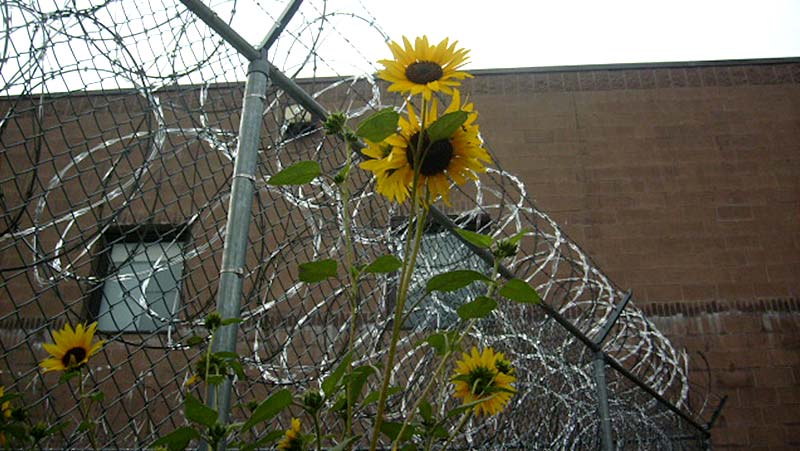
Goal Setting: This eight-week session integrates self-learning strategies and personal goal-setting practices to foster skills and methods and build awareness for effective decision-making. Throughout this process, participants will be provided with self-reflection tools, self-management tools, and techniques to build awareness and practice daily self-evaluation skills.
